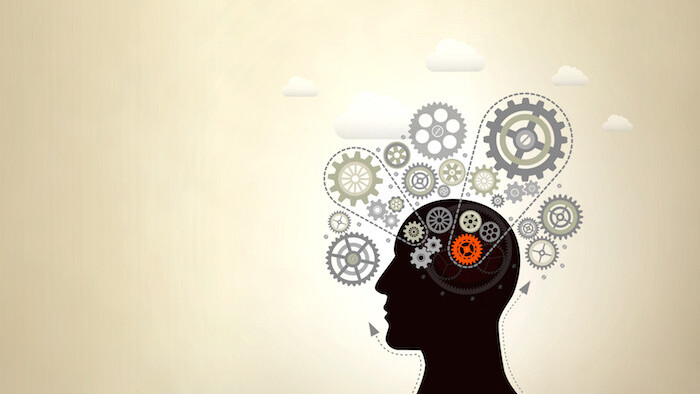
One of the biggest players in the chat bot space, Next IT, is now opening its libraries up commercially so businesses can create their own chat bots. According to the company this represents the largest repository of AI skills available for chat bots. The move also signifies the demand for conversation-savvy AI is growing.
Next IT vice president Jen Snell told TNW:
We’ve been around a long time, we’ve been developing these AI libraries, and offering this full stack solution, which is great – we will continue to provide the services we do now. But, we’re very excited to be able to open things up and offer the most comprehensive suite of AI tools for bot developers available.
The company’s change in strategy doesn’t indicate that the AI ship is sinking, they’re not scrambling to create a new revenue stream. It’s quite the opposite in fact; AI research has reached a maturation point.
Where once the concepts were so new and complex that a company like Next IT would build out every iteration of a chat bot for clients, there’s now value in providing companies with the tools to do it themselves. The robots are here and your company’s IT department knows how to use them.
Next IT has been developing chat bots since 2002; there’s a better-than-fair chance you’ve encountered one of its bots. The most famous is an army recruiter named Sgt. Star, but most of us have probably seen them pop up on web pages for companies like Charter and Dell.
Experts predict that 95 percent of all business-to-customer interactions will be powered by AI by the year 2025. And without access to proven solutions some of those chat bots are going to suck.
If Next IT’s experience can help businesses make better AI customer service agents, even Joe Public benefits. Because, if there’s one universal truth it’s this: a good bot may be better than a bad person, but a crappy person is always better than a crappy bot.
Get the TNW newsletter
Get the most important tech news in your inbox each week.




